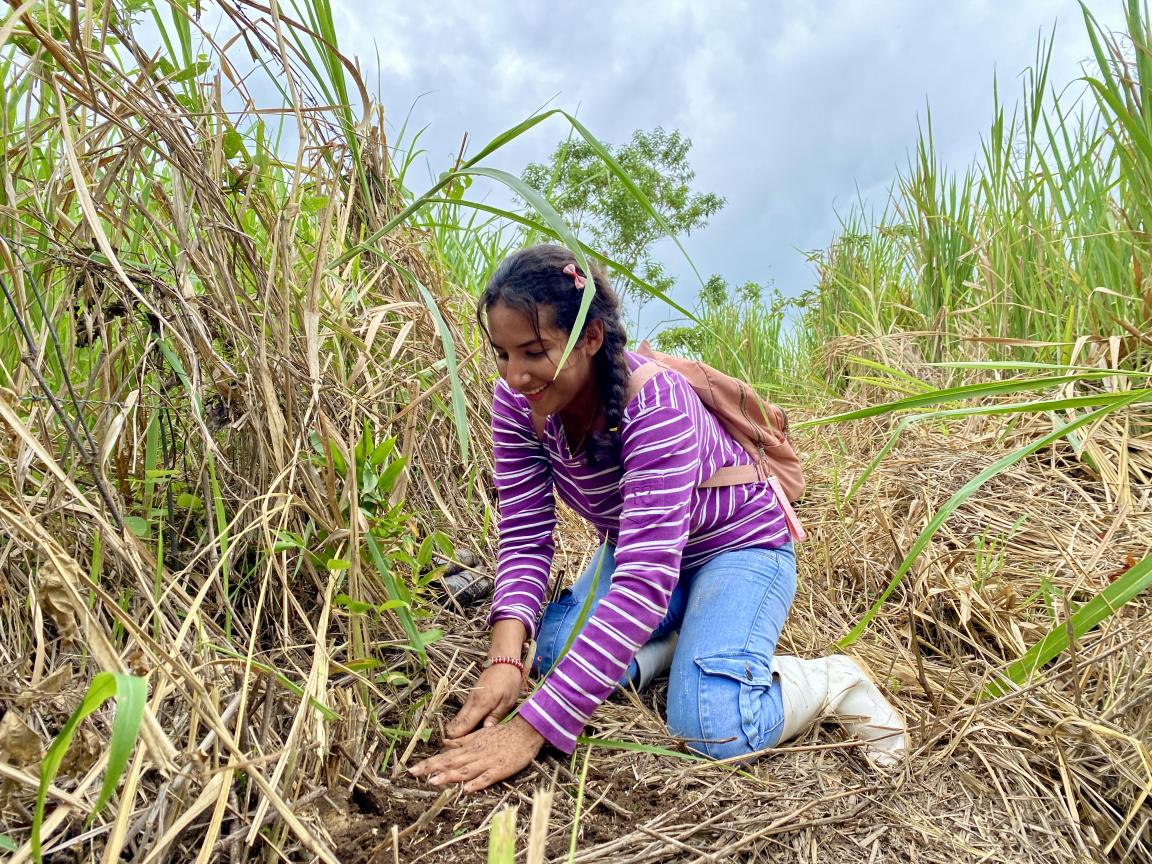Context
Latin America is particularly affected by the climate crisis and suffers from frequent extreme weather events. Many countries in this area do not yet have the means to meet the challenges posed by climate change. The strategy of ecosystem-based adaptation (EbA) is designed to change this by preserving the services of nature and allowing them to be used in the long term so that vulnerable communities and the nature surrounding them are less susceptible to the effects of climate change. However, EbA has so far not been sufficiently mainstreamed in strategies or political programmes. There is also a lack of implementation tools and expertise.
Objective
Vulnerable communities and ecosystems in rural areas of Costa Rica, Ecuador and Guatemala are more resilient to climate change.
Approach
The project aims to achieve long-term results and follows a comprehensive approach, supporting the expansion and implementation of effective gender-sensitive approaches to EbA in rural regions. The aim is to incorporate these approaches to a greater extent into the countries’ adaptation planning and the Nationally Determined Contributions to the Paris Agreement, thus helping to implement the revised climate targets, particularly in the areas of agriculture and water. Moreover, the countries affected will be able to achieve their national adaptation targets more easily as a result.
The project supports governments in expanding EbA measures at municipal, national and regional level. In addition, it aims to strengthen various stakeholders through improved local and regional knowledge management. These stakeholders include national and local governments, civil society organisations, the private sector, the finance and insurance sector, service providers and vulnerable rural communities. To supplement this, men and women in indigenous and non-indigenous population groups are receiving simple financing opportunities to enable them to implement EbA measures.
